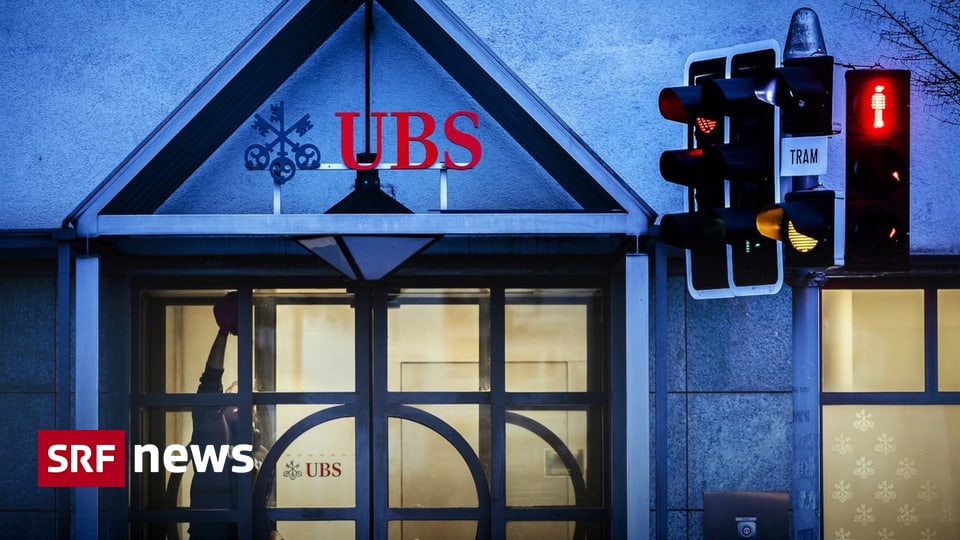At the first general meeting of the new UBS bank, a number of issues are likely to be on the minds of shareholders.
What is the appropriate salary for bank president Sergio Ermotti? How is the Credit Suisse merger progressing? How much capital should UBS set aside for future crises? These are the hot topics to be discussed at the first general meeting of the new, larger UBS bank.
Is 14 million francs an acceptable wage for Sergio Ermotti?
Finance Minister Karin Keller-Souter expressed her doubts when she recently presented the Federal Reserve's report on banking stability. Executive compensation would be beyond the imagination of any ordinary citizen. “I don’t think this is a good development,” the FDP federal councilor said.
Free Democratic Party leader Thierry Burkhardt spoke of “supposed remuneration abuses” by some senior managers. This would destroy the population's confidence in the economy as a whole. There has also been a lot of criticism elsewhere. For example, Sergio Ermotti's salary of 14 million francs was “beyond good and evil,” said SP co-president Cédric Wermuth.
However, politicians do not decide the level of managers' salaries. The General Assembly decides this. There should be a yes to the reward. Because most of the investors who make decisions at UBS aren't bothered by the generous high salaries. They want to see growth and increased profits.
How is the CS acquisition process going?
The bank's management will not mention anything new about this matter at the annual general meeting. Because the most important points are known. But it certainly provides fuel for discussions: the Swiss branch network is expected to shrink to around 200 branches. To date, there are around 190 UBS branches and an additional 95 CS branches in Switzerland. The number of branches of both banks combined will now be reduced significantly – by about a third.
From a shareholders' perspective, this is good news. Because operating branches costs money. The fewer branches, the greater the profit. For the same reason, planned workforce reductions are likely to be approved by a majority. The bank wants to eliminate 3,000 jobs in Switzerland alone.
Before it can fully implement this, the bank wants to merge the legal entities of UBS and CS. That should happen by summer. Further cost reductions are likely to follow. The Annual General Assembly aims primarily to provide information on the status of the Group's restructuring.
How much capital will UBS need in the future?
UBS will need much more capital in the future than it does today. The Federal Council recently made this clear in its report on banking stability. In response to a question, Finance Minister Karin Keller Sutter confirmed that additional requirements in the range of 15 to 25 billion dollars are realistic. These numbers were calculated by financial analysts based on the Federal Council's proposals regarding banking regulation.
One of the principles of this regulation is: UBS must have a lot of capital so that it can weather bad times with as much stability as possible. Otherwise the bank poses a very big risk For the entire economy, and therefore for Switzerland.
Crucially, if UBS collapses one day, taxpayers should not be required to pay. At its annual general meeting, UBS will explain how it essentially intends to raise the necessary capital without directly responding to the bank's stability report. She wants to study this matter more closely first.

“Tv expert. Hardcore creator. Extreme music fan. Lifelong twitter geek. Certified travel enthusiast. Baconaholic. Pop culture nerd. Reader. Freelance student.”







More Stories
That general meeting was 2024
Mercedes Works Council Chairman: American colleagues must vote in favor of the union
Customer is upset about aluminum curd caps